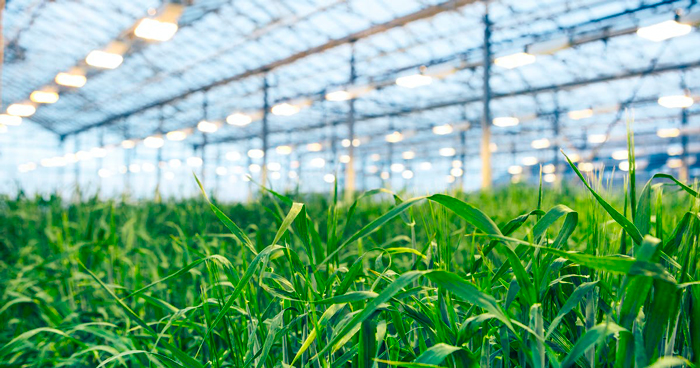Modern genetics has allowed humanity to come close to solving the global problem of hunger. Genetically modified organisms (GMOs) guarantee high yields and disease resistance and have led to the emergence of new foods, such as artificial meat, milk and even coffee.
Nevertheless, the industry of artificial products has not yet acquired a mass character, since the technology is still far from perfect. Thus, one of the main problems facing the artificial meat industry is the low “growth rate” of a vegetable substitute for meat products. The developments of Icelandic scientists from ORF Genetics will create a raw material base for increasing the production of artificial meat.
The existing technology for the production of synthetic meat products is based on the use of stem cells. The disadvantage of the process is its low productivity, which makes it possible to “grow” only small volumes of artificial meat over quite a long time.
Several decades ago, ORF Genetics experts learned how to extract a special set of proteins called “growth factor”. A set of proteins obtained from animal cells made it possible to stimulate the accelerated growth of stem cells. Now the “growth factor” can be obtained from barley.
The first experiments with the “growth factor” allowed ORF Genetics to produce unique cosmetics based on artificially grown stem cells. Now, after the implementation and refinement of the technology for growing genetically modified barley, the technology using the “growth factor” can be scaled up for use in the food industry.
The new variety of barley contains a huge amount of protein, from which a set of “growth factors” can be extracted and stimulate “meat” stem cells to rooted growth, allowing people to create artificial meat on an industrial scale. Improvement of the marketable appearance and giving the product a familiar “meaty” taste does not present any particular problem.
Over 100,000 ears of genetically modified barley are currently ripening on the test fields in ORF Genetics greenhouses. The harvest is already awaited in some laboratories, investigating the problem of the accelerated growth of artificial meat.
The implementation of the program to create synthetic products that can replace traditional meat will enable reducing meat production at poultry farms and livestock complexes, which will help not only solve the problem of hunger, but also reduce the burden on the Earth’s ecology. Thus, recent studies have shown that greenhouse gas emissions from livestock in the European Union account for 17% of the total, which is more than the amount of greenhouse gases produced by all European cars.

